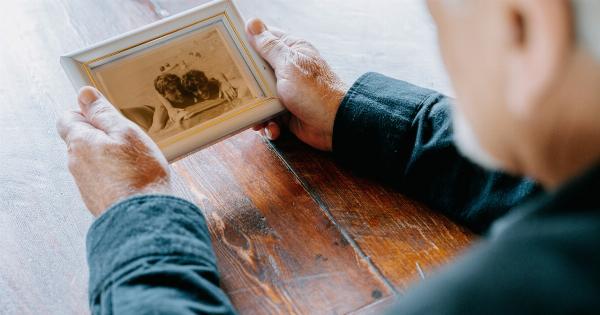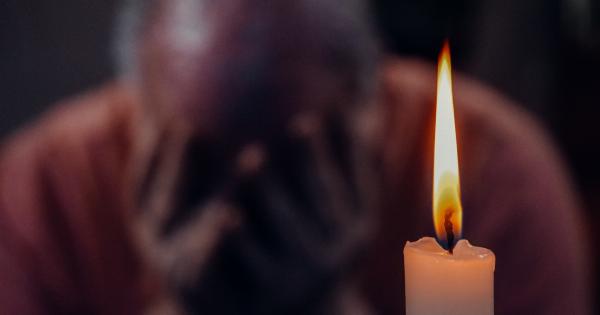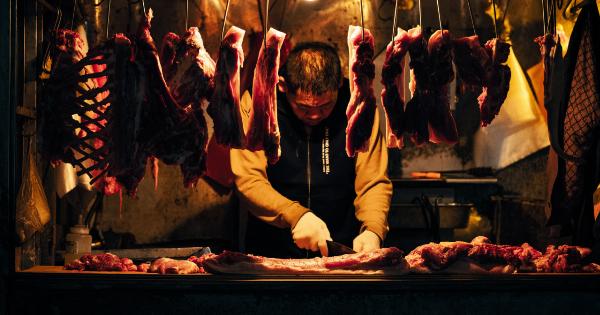The death of a close friend can be a deeply traumatic experience, and the grieving process that follows is unique to each individual.
The duration of moving on varies depending on various factors, including the nature of the friendship, the circumstances surrounding the death, and the individual’s personal coping mechanisms. While there is no definitive timeline for grieving, it’s essential to understand the general stages and factors that can influence the time it takes to heal and find closure.
The grieving process: an individual journey
Grief is a highly personal and individual experience. It is not a linear process but rather a series of emotional and psychological stages that individuals may navigate in their own time and manner.
Although some common stages of grief have been identified, these are not experienced by everyone, and their order of occurrence can vary:.
1. Shock and Denial
Initially, when faced with the death of a close friend, it is common to experience shock and disbelief. It may be challenging to accept the reality of their absence, leading to denial as a defense mechanism.
These initial stages are often characterized by feelings of numbness and detachment.
2. Anger and Guilt
As reality sets in, it is common to experience anger, both towards the situation and towards others. Feelings of guilt and regret may also arise, questioning whether more could have been done or said.
These emotions are a natural response to loss and can be directed towards oneself, the deceased, or even other friends and family members.
3. Bargaining and “If only”
During this stage, individuals may find themselves engaging in bargaining with a higher power or the universe.
They may experience thoughts like “If only I had done this differently” or “If only they were still here.” This stage is characterized by a search for meaning and an attempt to regain control over the uncontrollable.
4. Depression
Feelings of profound sadness and depression may intensify as the reality of the loss becomes fully acknowledged. This stage can be marked by withdrawal from activities, difficulty finding joy in things previously enjoyed, and a deep sense of emptiness.
It is important to note that this depressive stage is a natural response to the grieving process and not necessarily indicative of clinical depression.
5. Acceptance and Moving On
The final stage of the grieving process involves acceptance and the first steps towards moving on. This does not mean forgetting or no longer feeling the loss but rather finding a way to live with it and integrating it into one’s life.
It is at this stage that individuals may begin to focus on healing, exploring ways to honor their friend’s memory, and seeking personal growth.
Factors influencing the duration of grieving
While the stages outlined above provide a general framework for understanding the grieving process, it is important to acknowledge that grief is a deeply personal experience influenced by various factors.
Some key factors that may influence the duration of grieving include:.
1. The Nature of the Friendship
The nature of the relationship and the level of emotional intimacy shared with the deceased friend can significantly impact the grieving process.
Close, long-lasting friendships often require more time for healing and adjustment compared to acquaintances or less emotionally connected relationships.
2. Circumstances Surrounding the Death
The circumstances of the death can also influence the grieving process. Sudden deaths, such as accidents or unexpected illnesses, tend to trigger more intense and prolonged grief.
On the other hand, if the death followed a long illness or the friend’s suffering, there may be a component of relief mingled with grief.
3. Coping Mechanisms
Each individual has their unique set of coping mechanisms. Some individuals are naturally more resilient and able to process and accept grief more quickly.
Others may struggle with finding healthy coping mechanisms and may require additional support, such as therapy or support groups, to navigate through the grieving process.
4. Personal Support System
The availability of a strong support system can greatly impact the grieving process.
Having understanding and empathetic friends, family members, or professionals who are there to provide emotional support can aid in the healing process and help individuals move forward.
5. Cultural and Religious Beliefs
Cultural and religious beliefs can play a significant role in how individuals process and cope with grief.
Cultural practices, rituals, and beliefs around death and mourning can provide a framework for finding solace and meaning during the grieving process. These factors may influence the time it takes for an individual to find closure and move on.
Facilitating healing and moving forward
While the duration of moving on is unique to each individual, there are steps one can take to facilitate healing and find closure after the death of a close friend:.
1. Allow Yourself to Grieve
Grief is a natural and necessary part of the healing process. Give yourself permission to feel and express your emotions without judgment or guilt. Be patient with yourself as you navigate through the stages of grief.
2. Seek Support
Reach out to your support network, including close friends, family members, or professionals, to share your feelings and experiences.
Joining grief support groups or seeking therapy can provide additional comfort and guidance during this difficult time.
3. Take Care of Yourself
Self-care is crucial during the grieving process. Engage in activities that bring you comfort and solace, such as exercise, meditation, or spending time in nature.
Prioritize getting enough rest, eating well, and taking care of your physical and emotional well-being.
4. Honor Their Memory
Find meaningful ways to honor and remember your friend. This could involve creating a tribute or memorial, participating in activities they loved, or engaging in acts of kindness in their name.
Keeping their memory alive can bring solace and a sense of continued connection.
5. Be Patient and Kind to Yourself
Healing takes time, and there is no strict timeline for moving on from the death of a close friend. Be patient with yourself and understand that the grieving process is not linear.
Allow yourself to experience ups and downs and treat yourself with compassion and kindness throughout the journey.
In conclusion, the time it takes to move on from the death of a close friend varies for each individual and is influenced by multiple factors. The grief journey is a deeply personal process that unfolds at its own pace.
By acknowledging and understanding the stages of grief, recognizing the factors that influence the duration of grieving, and implementing healthy coping strategies, individuals can navigate through the healing process and find solace in their own time. Remember, healing and moving forward do not mean forgetting or letting go of the memories, but rather finding a way to live with the loss while honoring the bond shared with a dear friend.































